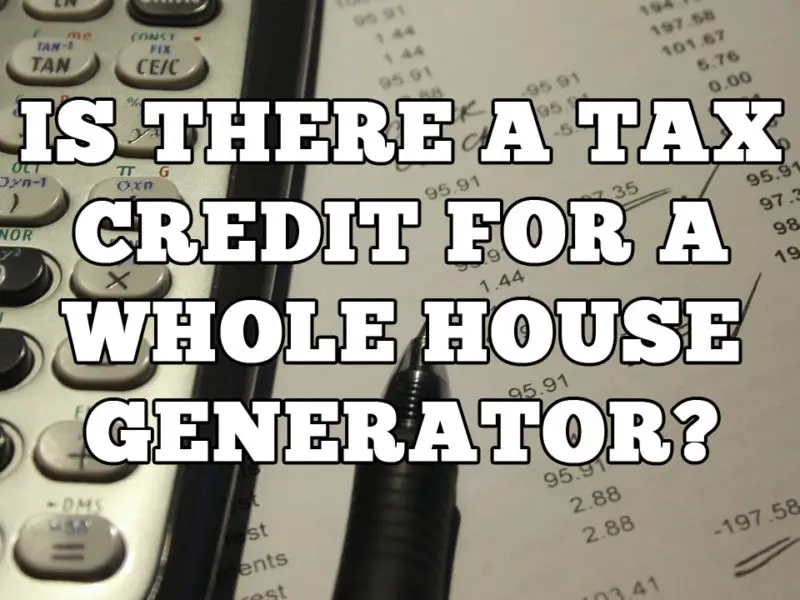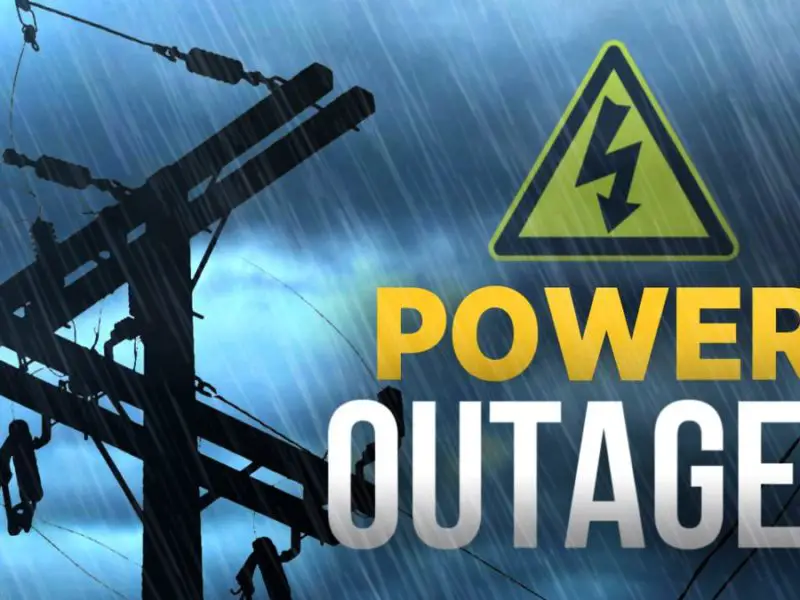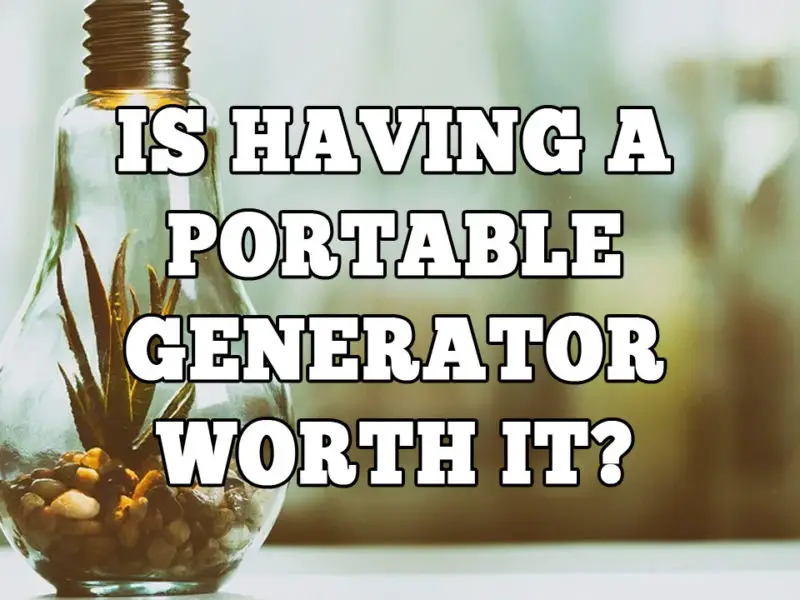You’ve decided to get a backup generator for your home, perhaps as a result of increased power outages in your area. Maybe you’ve even settled on a brand. However, you don’t know what size is enough.
We’ll help you assess your power needs so you can pick the right generator size for your home. First, though, it’s important to understand why it’s vital to find the perfect generator size.
Why Generator Sizing is Critical
Often, consumers just go ahead to purchase the first generator they come across, with little regard for size. Or, if they do, they’ll try to find the biggest generator they can afford.
This is the wrong approach. Although bigger generators are desirable, especially when shopping for a generator for the entire house, too big a generator can be unnecessarily costly.
- Dangers of an Oversize Generator
For one, a generator too big for the application results in power waste. Where does the extra power go? For example, say you buy a 2,000-watt generator, but all your appliances and devices put together only draw 1,000 watts. Where do the extra 1,000 watts go? They’d go to waste!
An oversize generator also creates unnecessary safety issues and storage challenges. If you only need a small generator for RV excursions, you should get a small one that you can store in the garage and only bring out when going camping. There’s no need to buy a massive unit that you can’t even fit on the RV.
Above all, remember that generators run on fuel. It can be gas, natural gas, propane, etc. the bottom line is that you must refill the tank regularly to power the generator. Now, imagine refilling the tank only to use half of the power output! It’s a waste of money.
- Dangers of an Undersize Generator
A generator too small for the application is just as big a headache. First, given the size, the generator wouldn’t provide enough power to run all your appliances and devices. Maybe you have a laptop, refrigerator, and freezer, but the generator can only power the laptop and either the refrigerator or freezer – but not both – at a go. Why even bother, then?
The second issue is the likelihood of overworking the generator. If the generator is too small for the application, it will likely run faster and longer to try and meet the power demand. Overworking your generator or any electrical appliance can result in faster wear and tear, effectively shortening the equipment’s life.
Finally, when you run an undersized generator at full speed for too long, noise is inevitable. For instance, the blower system that keeps the generator coil rotates faster, producing more noise. It may also get damaged sooner.
How to Size your Generator Right
Fortunately, selecting the proper size generator for an application is not too difficult. proceed as follows;
1. Determine your total load
How much electricity do you use per hour on the busiest day? To find out, pick a pen and paper and make a list. The list should have two columns and as many rows as you need. In the first column, note down the name of appliances and electricity-powered devices in your home. On the second, indicate the appliance/device’s power rating.
QUICK TIP: Detailed Guide To Calculate The Size Of Your Generator
The good news is that most home appliances and devices have a power rating clearly indicated on the device. Look for watts, kilowatts (1kW=1,000 watts), Volt-Amps (1VA=1 Watt), or volts and amps given separately (volts x amps = watts).
2. Essentials or everything?
The next step is to decide whether you want to power everything or only the essentials. If you’re happy to keep only the essential running until power returns, you’ll likely only have to worry about the following;
- A couple of light fixtures – @75watts or less
- The electric water heater – 4,000 watts
- Central air conditioner – 4,500 watts
- Refrigerator – 1,500 watts
- Phone/tablet and laptop charger – 50 watts
Thus, depending on the size of the house, you may need around 10,225 watts. However, this value can shoot to over 25,000 watts if you include conveniences, such as the garage door opener (2,500 watts or so), stove/range (3,000 watts or so), and washing machine (around 3,000 watts), to name just a few.
3. Adjust for starting load
Nearly all electrical appliances and devices require a little more power to kickstart the unit than keep it running. Since it’s challenging to find out the starting load for each appliance, a good shortcut is to adjust the running load 20% up to account for the starting load.
For instance, if you need about 10,225 watts, a +20% adjustment makes it 12,225 watts.
4. Don’t Forget the ATS
While some generators need to be turned on manually in case of a power outage, units with an Automatic Transfer Switch (ATS) will come on automatically immediately when power goes out. Remember that the ATS consumes almost the equivalent of your breaker panel’s amperage, usually around 200amps to function. So, you need to add that to the total in #3.
Understanding the Difference between Amps, Watts, and Volts
To understand what generator size you need to run your whole house, you need to understand the difference between amps, watts, and volts.
Watts are a measure of how much power the generator can produce. Amps are a measure of how much current the generator can provide. The higher the amps, the more current the generator can provide.
Volts are a measure of the generator’s ability to provide power at a given voltage. Voltage is the force that drives the current, or flow, of electrons through a conductor, such as a wire.
To calculate the wattage you need, simply multiply the amps by voltage.
Wattage = Amps X Voltage
For example, if you have a device that uses 10 amps at 120 volts, it will use 1,200 watts of power.
Amps can be calculated by dividing the wattage by the voltage.
Ampere= Voltage/Wattage
So, if you have a circuit with a wattage of 1200 and a voltage of 120, the current would be 10 amps.
Now You Can Find the Total
When you add the ATS power requirements to the adjusted whole-home load, you find how much power, in watts, you need from your generator. It’s 10,000 watts to 20,000 watts in most cases.
FAQs
How big of a generator do I need for a 2500 square foot house?
If you’re looking for a generator that can power a 2500 square foot house, you’ll need one that produces at least 5,500 watts. There are a variety of generators on the market that will suit your needs, so be sure to do your research to find the one that’s right for you.
Will a 10000 watt generator run a whole house?
Yes, a 10000 watt generator can run a whole house. However, it is important to determine how many appliances and devices will be running at the same time. If more than one appliance or device is running, the generator will need to be sized accordingly. For example, if two appliances are running, the generator should be at least 12000 watts.
What generator is best to power a house?
The best house generator is a standby generator. There are a few different types of generators that can be used to power a home. Most standy generators produce enough wattage to power a whole house. They also have an automatic switch which turns them on immediately after an outage. But some homeowners still use portable generators as their backup.
Best Whole House Generator to buy
In the overview below, we shall help you discover the best whole house generator for your needs. All is based on the requirements described above. We compared the power in watts, fuel type and of course the price as well.
We recommend to read more user ratings to find the right whole house generator that won’t make you spend hundreds of dollars every year on its maintenance.







